Government bonds, savings accounts, or term accounts: which should you choose?

Keytrade Bank
keytradebank.be
September 01, 2024
3 minutes to read
From government bonds to classic savings accounts: there is extra money to be made with your savings. Curious about how to generate as much return as possible? How to take as little risk as possible? Or finding the product that will allow you permanent access to your savings? Say no more!
No crystal ball needed for your return
Would you like to have certainty about your returns? Then a term account, government bond (issued by the state), or savings certificate (issued by a bank) are perfect for you. With these savings products, the interest rate is fixed from the start for the entire term. This way, you know exactly how much your savings will yield.
Savers love hearing that. Just think of the enormous hype surrounding the one-year government bond of September 2023. The exceptionally reduced withholding tax brought the net interest rate to an attractive 2.81 percent, and 630,000 savers didn't have to think twice! A record amount of 22 billion euros was deposited, the majority of which had previously been parked in savings accounts.
On regulated savings accounts, you receive both a basic interest rate and a loyalty premium. The basic interest rate is flexible and often moves with the European Central Bank's interest rate policy. When the ECB implements an interest rate cut, it usually doesn't take long for banks to lower their savings rates.
The loyalty premium, by contrast, is fixed for 12 months as soon as you put money in your savings account. This encourages you to leave your principal in the account for at least a year because only then will 'your loyalty' be rewarded. Are you withdrawing your money earlier? Then you should be aware that you will miss out on the loyalty bonus on the amount you withdraw.
Did you know? Each bank determines its own conditions for term accounts. The interest offered often depends on the amount you want to deposit. At Keytrade, we are happy to tell you all about it!
First (financial) aid in case of emergencies
The old water heater breaks down, the car has damage after being hit (of course, that little pole was at fault), your child kicks a ball through the window—all in one week. Not only are you the unluckiest person ever, but you probably also want to access your savings quickly and easily to cover the extra costs. This is perfectly possible with a savings account, though you will forfeit the loyalty premium for any amount you withdraw.
Did you know? Their flexibility makes savings accounts extremely popular. In total, there is a staggering 269 billion euros in Belgian savings accounts!
This is not possible with a term account or savings certificate. They work like a contract: the term and the interest are agreed upon in advance with the bank. To withdraw your money before the end of that term, you always pay a termination fee and, depending on your bank, additional costs. Even though you may be able to resell a certificate on the secondary market, you will also pay additional costs, such as the stock exchange tax.
The best risks are well-calculated
Every investor is unique. Some like a lot of risk, others prefer to play it safe—even if the potential return is lower. Does this sound familiar? Both the savings account and the term account are covered by the deposit guarantee scheme. This means that the State guarantees up to 100,000 euros per person should your bank go bankrupt.
You can also enjoy peace of mind with the Belgian government bond. Belgium is a reliable issuer that cannot afford to default. This is not the case for all countries, so you should be well-informed before subscribing to a treasury bond from, for example, an unstable country. The promised returns may be higher, but so are the risks.
Psst, don’t forget about taxes
Benjamin Franklin already knew: "death and taxes are the only certainties in life.” Even when it comes to your savings. But there is also good news. Per person, the first tranche of 1,020 euros in interest on classic savings accounts is exempt from withholding tax in the Belgian tax return for 2024. On the second tranche above 1,020 euros a withholding tax of 15% is to be paid. For clarity, you pay tax on your return, not on the savings in the account.
In the case of the term account and state bond, this withholding tax is usually 30%. Much less attractive. On the government bond of September 2023, the Belgian state reduced the withholding tax from 30 to 15 percent. This significantly increased the net return to 2.81%. The ensuing hype was a fact. Note that the State has since reinstated the withholding tax of 30%. In the example below, we illustrate how much your savings will yield if you subscribe 10,000 euros to the June 2024 one-year government bond.
Deposit: 10,000 euros Gross interest: 3.2% = 320 euros Withholding tax: 30% = 96 euros Net interest: 224 euros
Finally, always check what costs the bank or broker charges, such as a broker's and custody fee. Because those costs will also nibble at your returns.
The best way to save …
… depends on the person. First, determine why you want to save. For example, have you inherited a large sum that you want to set aside for the coming years? Or would you like to create a buffer for small and large emergencies? The answer directly impacts the savings formula that suits you best.
TIP: always compare similar savings options at different banks. Look beyond the promised return and also consider the availability and safety of the product in question.
Other articles that might interest you
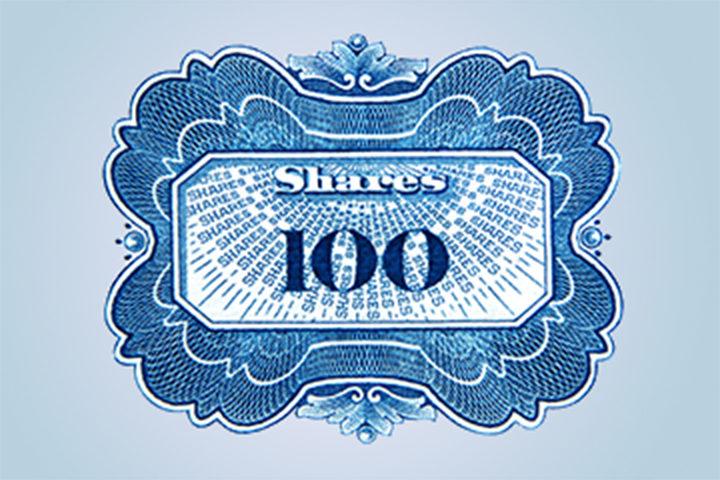
Is it time to say goodbye to bonds?

How much money do you have – without knowing it?

Monthly video 2025

Are we in an AI bubble?

Are luxury stocks worth investing in?
Investing in AI: hype or a ticket to the future?

Will AI replace human investment advisers?

How can I invest or save better for my child?

From stadia to the trading floor: here's how to invest in sport

Lost in the ETF jungle? Here's a compass to help you find your way

How to choose a tracker?
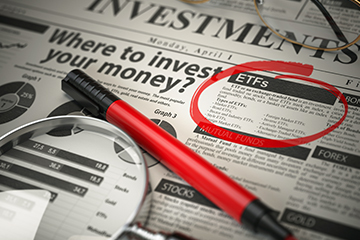
What is a tracker and how do you choose the right one?
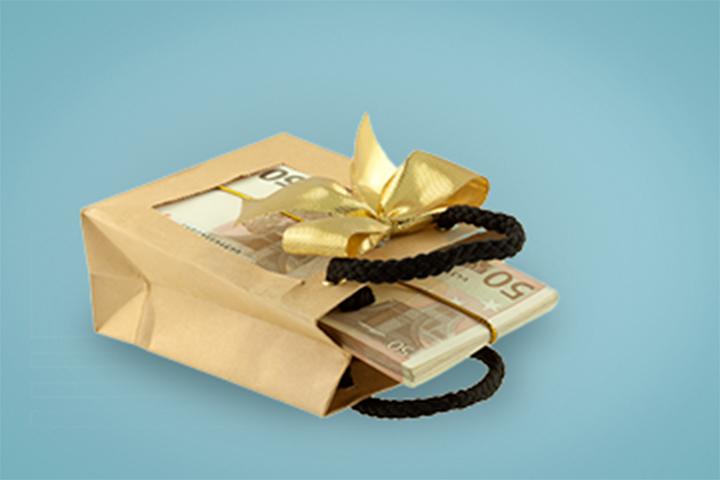
Gifting money: register or take the risk?

Investing in stock market newcomers: a sensible strategy?

Think twice before entrusting your will to ChatGPT

Graph of the week: Industry has not succumbed to Trump!
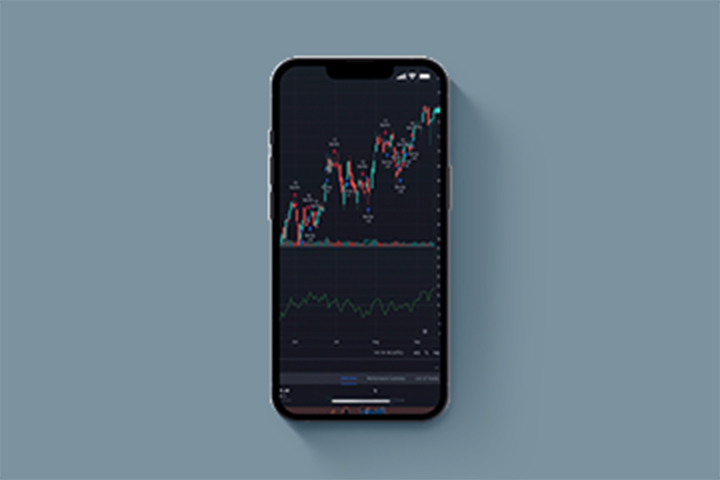
Why are shares continuing to rise? No-one knows
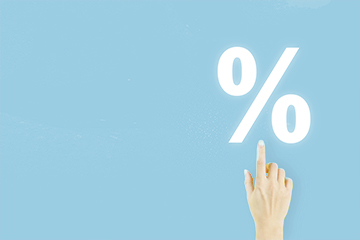
What is interest and what does it have to do with your savings account?
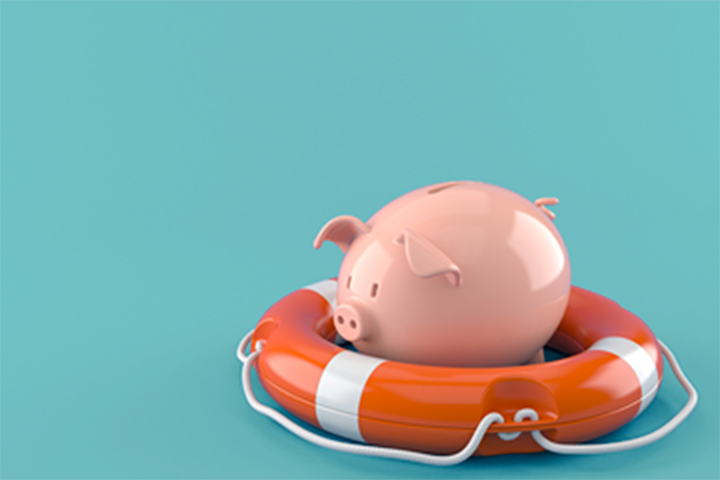
Guide: how much you need in savings
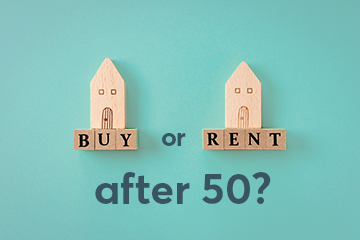
Buying or renting after you turn 50: which option is best for your future plans?

Belgium becomes a global player in healthcare real estate

Should we be concerned about the US debt mountain?

Have you considered investing in Latin America?

How high students’ earnings may, and more importantly, may not be
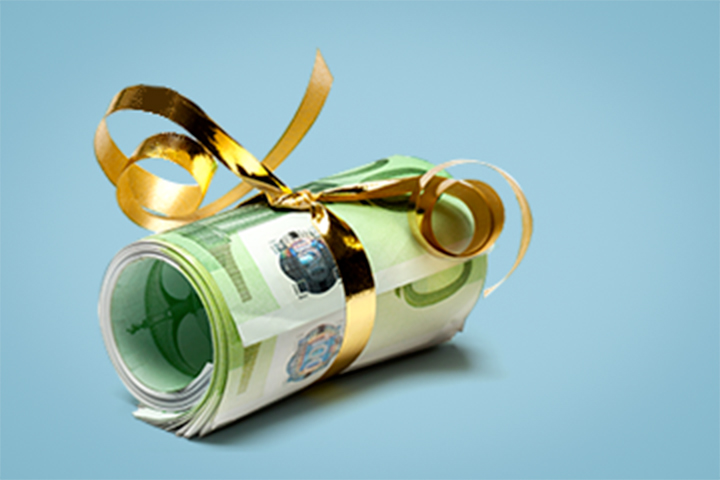
Gift or inheritance? Avoid these 3 big pitfalls (and any unnecessary tension)

An offer, an option agreement or a contract: ending the confusion

Why a child deserves pocket money

Taking out a loan for energy-saving renovations: what are your options?

Everything you need to know about the post-intervention file

Is a buy-to-let property a smart investment?

From offer to contract: avoid these errors

A no-deposit mortgage loan: fact or fiction?

Age limit for a mortgage loan: is it true?

What happens to the shared home when a relationship breaks down?
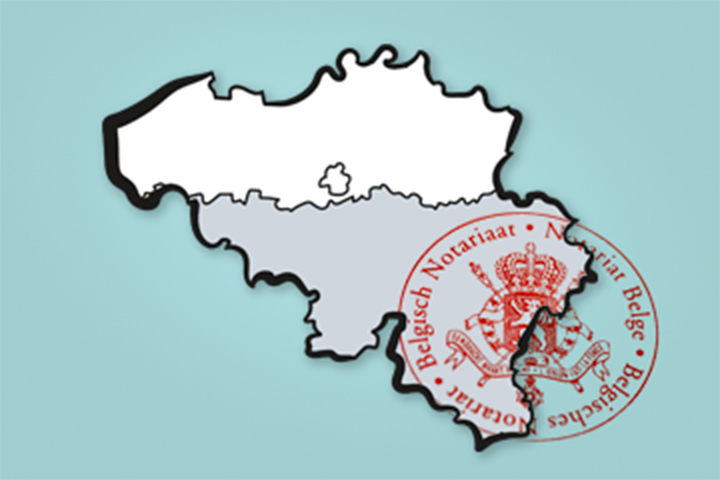
Stamp duty and inheritance taxes are set to fall sharply in Wallonia
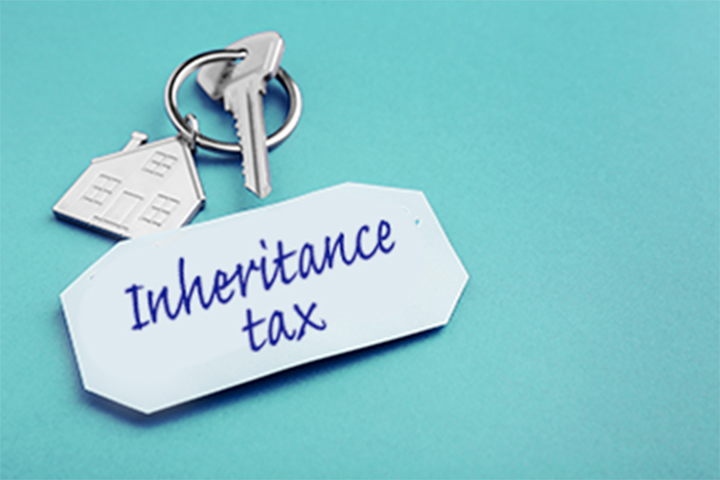
What if you are unable to pay the inheritance tax?

10 tips for the novice property investor

What to look out for when buying a home

Rental income and taxes: what every landlord should know

Investing in your partner’s home? Don’t make these mistakes!
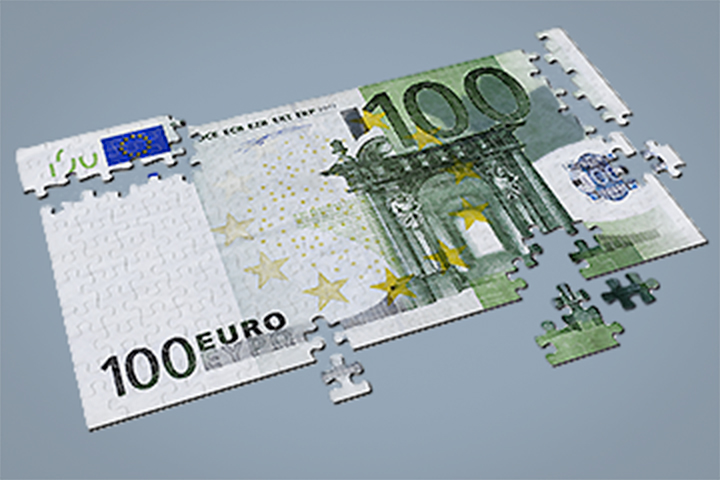
14 surprising savings ideas

Does Japan have the most underestimated stock market in the world?

World Cleanup Day

No children yet, but planning to have some? Here's how you can settle your inheritance

Is stagflation becoming the new buzzword?

Humanoid robots: hype or golden opportunity for investors?

Passive investing: less effort for a better return

One inheritance at multiple times: contingent legacies
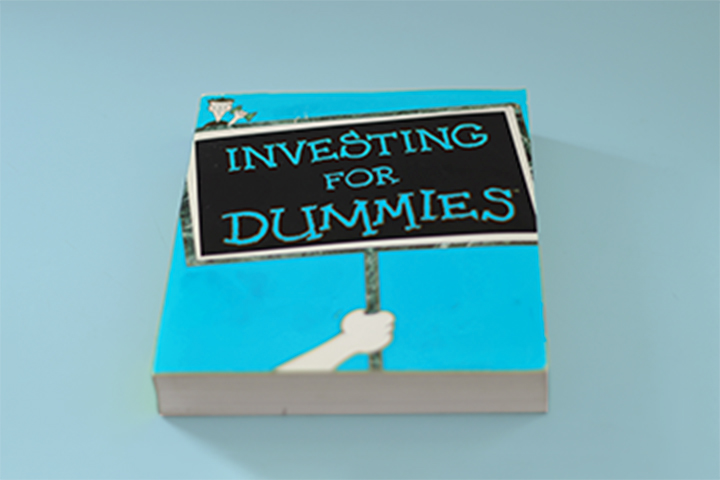
A beginner's guide to buying shares in five steps

Is Elon Musk about to crash Tesla shares?

American optimism reversing: time to head for the exit?

What costs are involved in buying a home?

An investment guide to Europe's military resurgence

Dividend aristocrats: a good beginner investment strategy?

Monthly video 2024
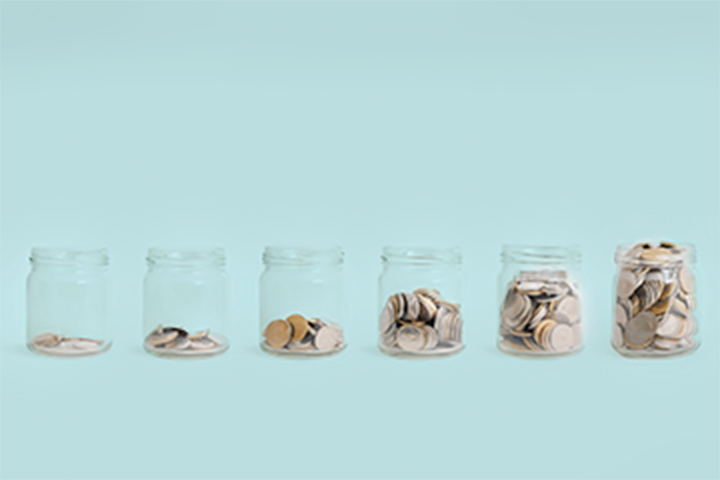
Investing when money is tight: being ambitious pays off!
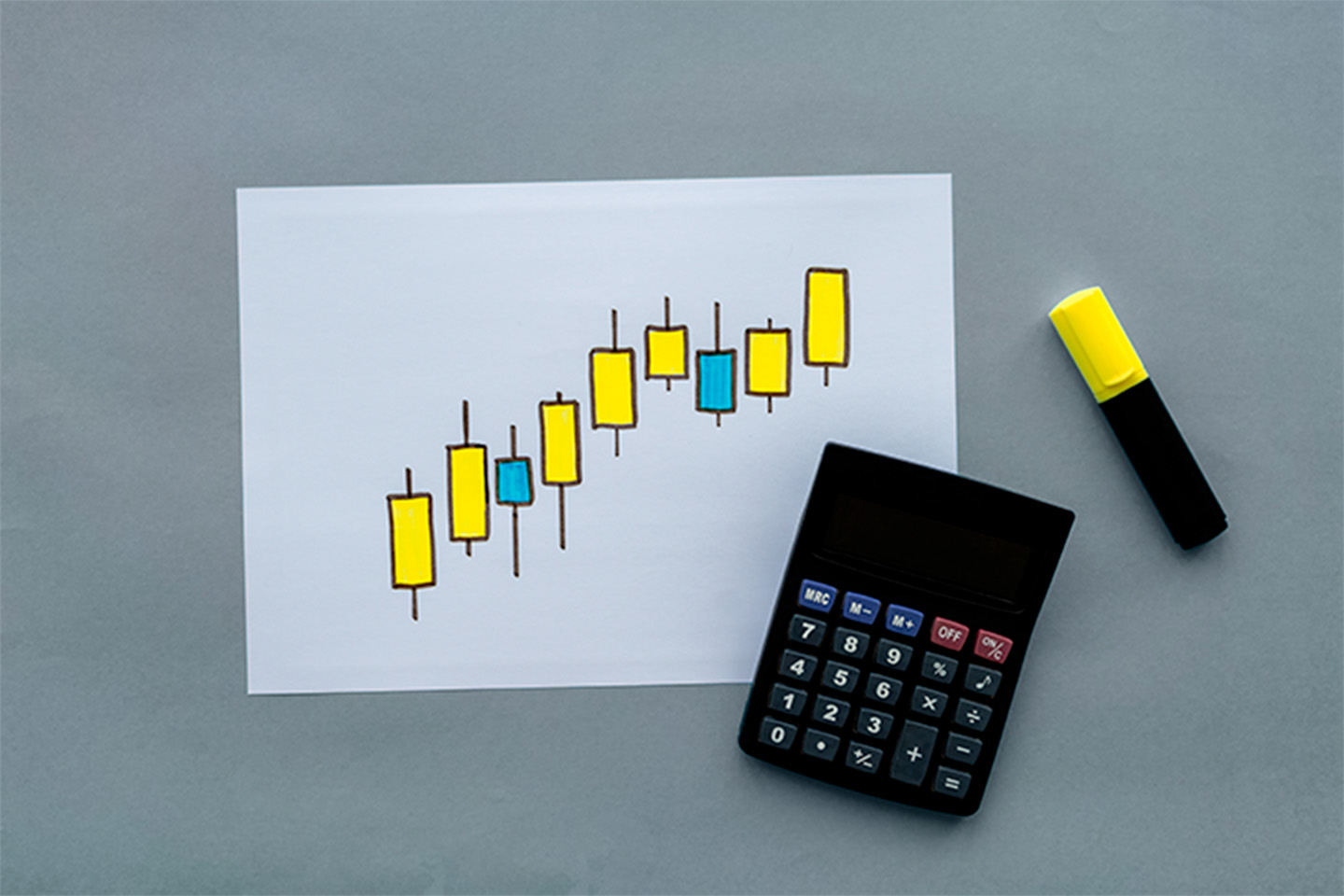
What is investing, and why is it an option for you?

Married, cohabiting or in a non-cohabiting relationship: the impact on gifts and legacies

Writing your own will? Avoid these 10 mistakes

Want to fit in a gift before the end of the year and avoid paying gift tax?
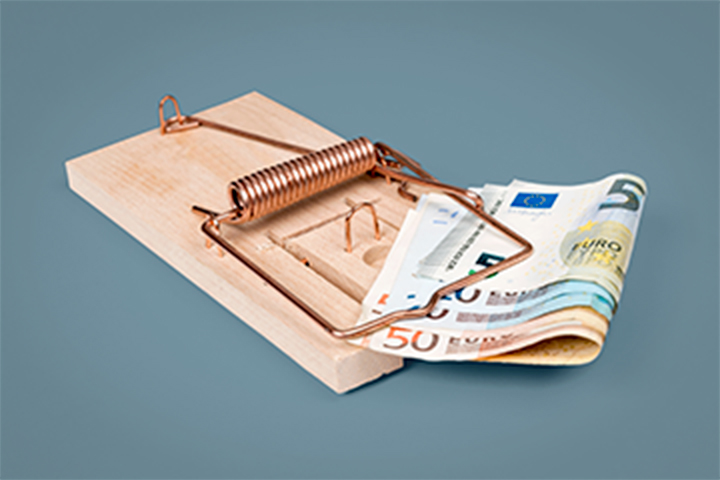
What you need to know before you start dividend investing

Start growing your pension sooner rather than later
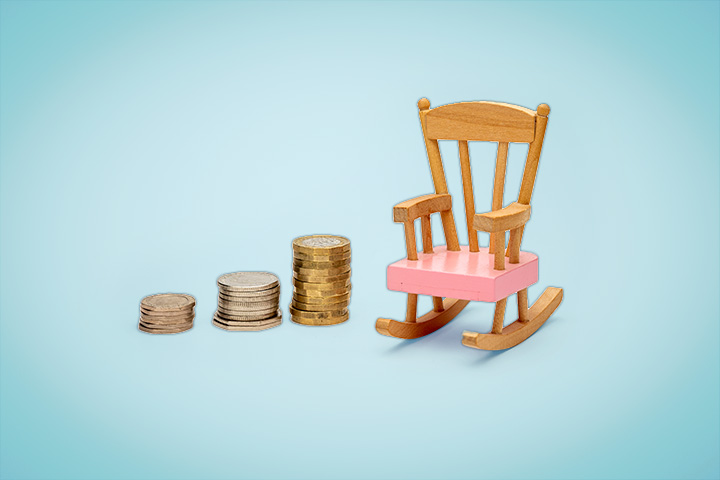
Lifetime pension savings: the sooner you begin, the more you rake in

What if pension savings were like a dating app?
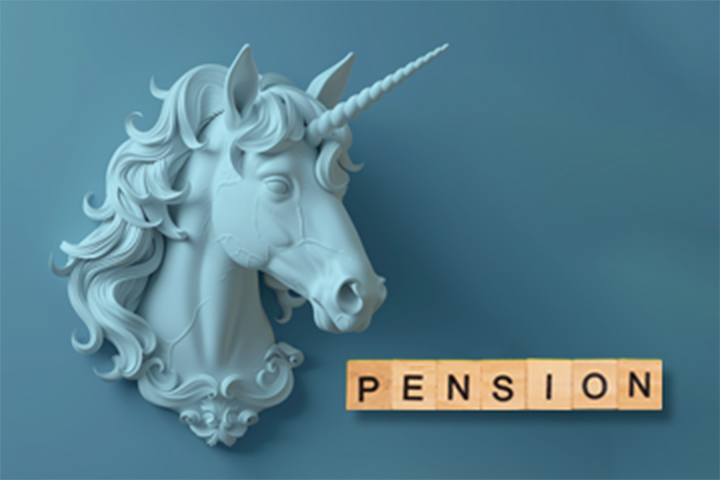
Myth busters: 5 myths vs. facts about pension savings

Pension savings: save the grey hair for later
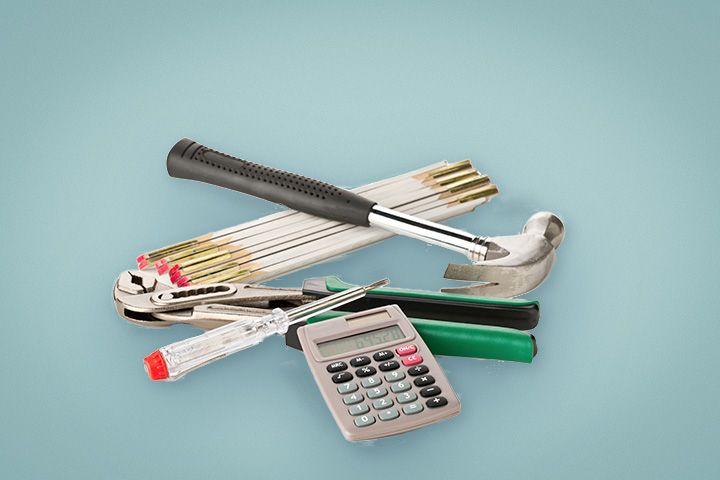
Which loan is the best fit for your renovation project?
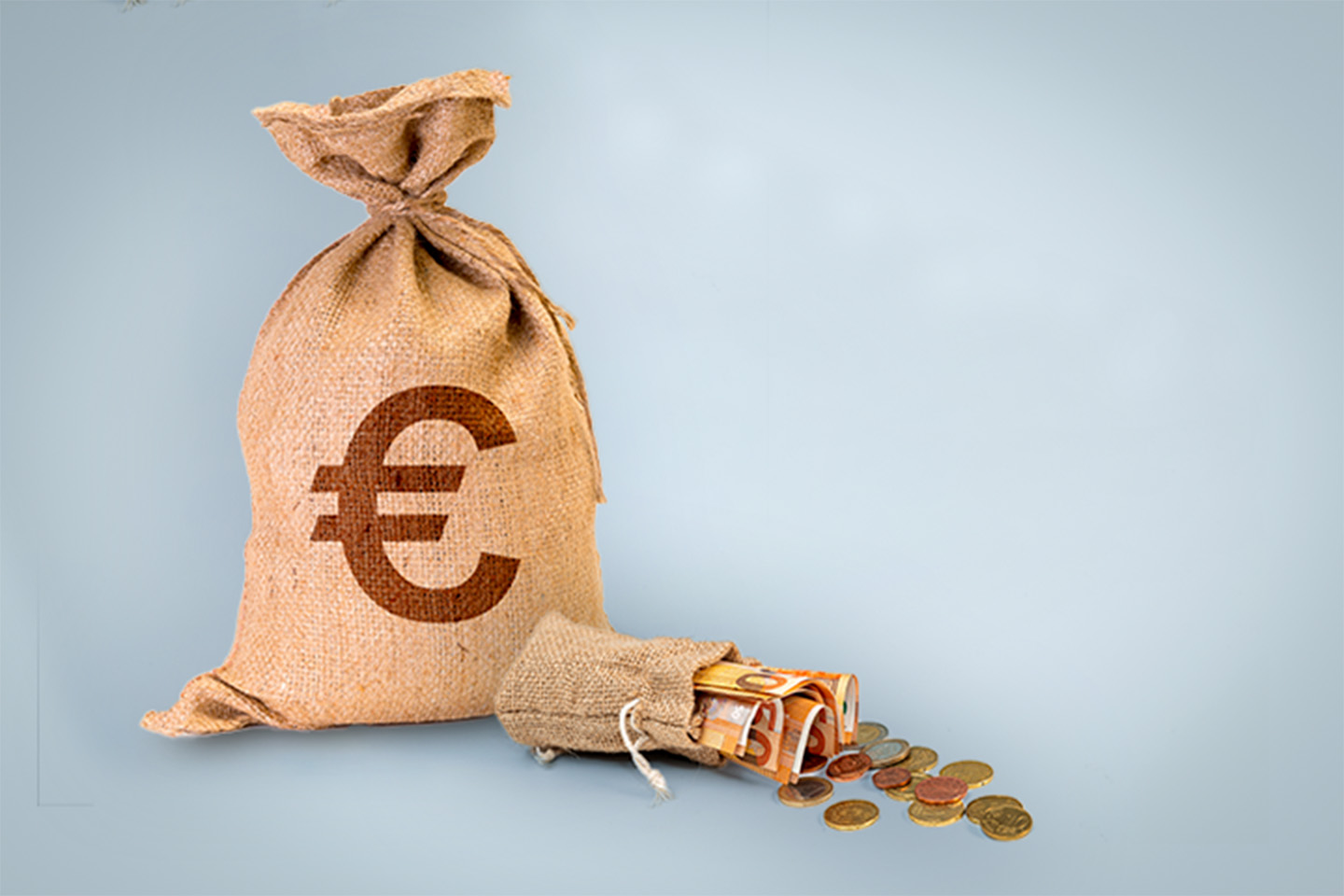
Lump-sum investing vs cost averaging: which offers the highest return?

How can you teach your child to save? 12 tips
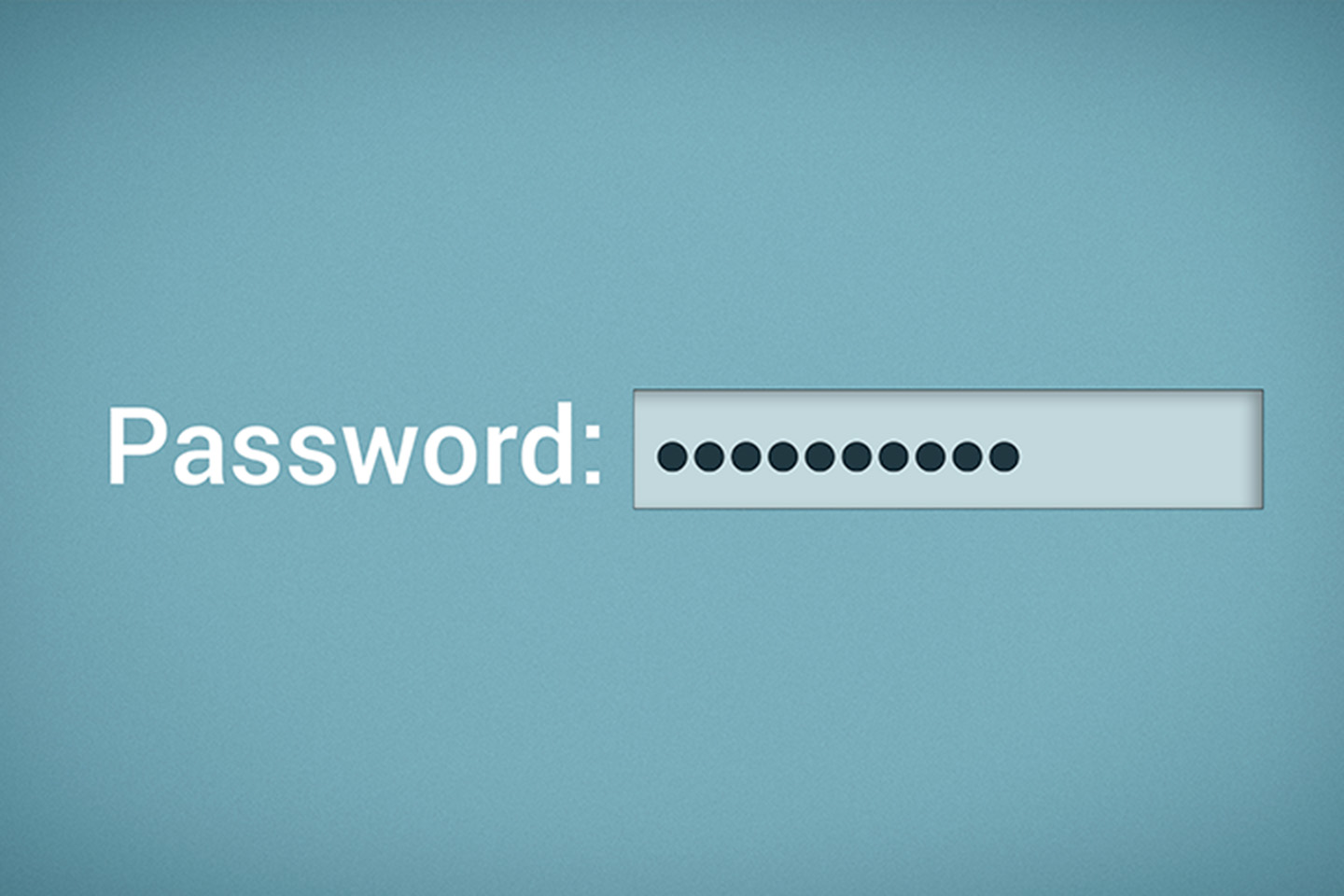
Have a password manager on your cybersecurity checklist yet?

Scam letters are back (even though they never really went away)
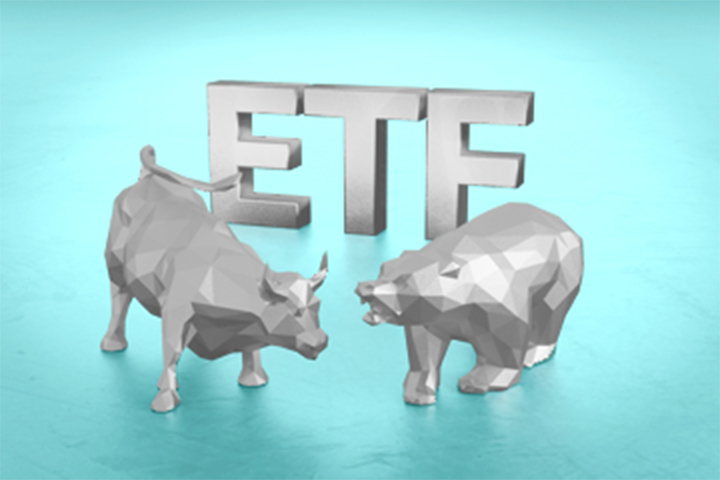
Actively managed ETFs: the best of both worlds?

5 mistakes investors make in volatile markets

6 reasons to invest in food

Investing in Belgian shares: the dangers of too many domestic securities

Untaxed side jobs: what is allowed and what is not (any more)?

Investors, never pay too much for your favourite share!

Who's who at Keytrade Bank? Who answers the phone when you call us?

Who's Who? Visiting IT

Would it be better to buy a student room than rent one?
Investing in football shares: what's the score?
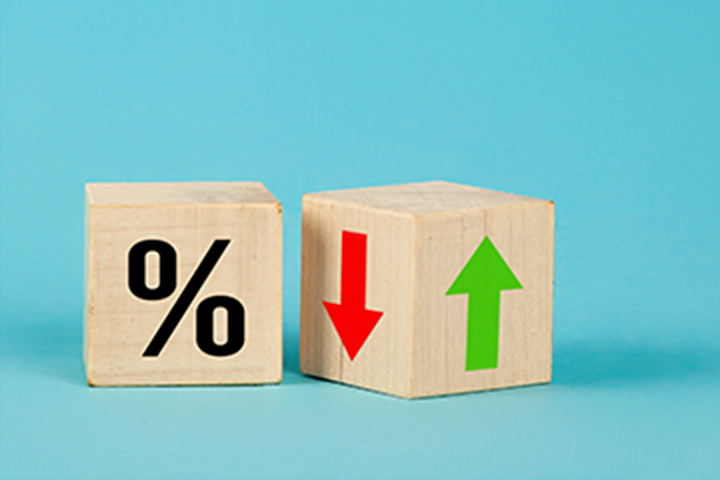
Basic interest rate and loyalty bonus: what does your savings behaviour say about you?

Watch out for recruitment scams

Europe is no longer falling behind!

Secure online banking: how can you protect your finances?

The difference between distribution and accumulation for funds or trackers

Is joining the BEL20 actually good for you?

Online dating scams: tips to protect yourself

Can we still say "Magnificent Seven"? Or should it be "2 Unlimited "?

Invest yourself or have someone do it for you: do you have to choose?

What do you have to tell the tax man about your money and investments?

New in Flanders: interest-free loans for renovations

Monthly video 2023

Shopping online: 7 tips and points to consider

Small company shares with big opportunities?

6 reasons why installing solar panels is still worthwhile in 2024

Golden days? Why to invest in gold (or not)

Exemption from withholding tax on dividends

Looking back on 2023

Will bonds beat shares in 2024?

Shorting: what is it and how does it work?

The 10 principles of stock market success

The advantages and disadvantages of contactless payment

How to invest in the energy transition?

Read this before you scan another QR code

Good positional play is important!

Is India the new China?

Padel has got a new doubles partner with Keytrade Bank

Get ready for the last quarter!

Investing in biodiversity: can Wall Street save the rainforest?

Don't forget to make arrangements for your digital estate

Saving for the sake of saving? Or with a goal in mind?

How do you prepare financially for a longer life?

Handling recessions: a manual

How to navigate a relationship with lopsided incomes?

Avoiding and dealing with conflicts on financial matters: a guide

Sell in May? Is it really such a good idea?

1 account for the both of you? Or separate accounts? Or a combo?

Make an impact with your Keyprivate

How much diversification is enough for your portfolio?
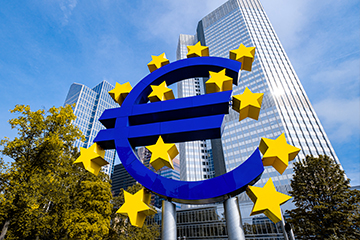
From KIID to KID: new rules, better investment decisions

Which investment opportunities are available on the road to smart mobility?

Is the end nigh for American dominance?

A vitamin shot for your investments
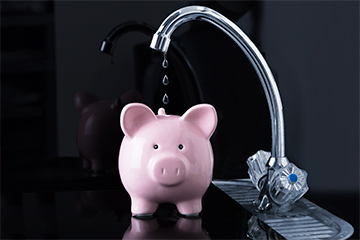
Does water earn a place in your portfolio?

Bonds to rise in 2023?

6 things you need to know about your Keytrade Bank credit card

Monthly video 2022

A Keytrade Bank Nature Trail? Yes, please.

What is technical analysis and how does it work?

How to buy real estate with your supplementary pension (even though you have not retired yet)

Who's who at Keytrade Bank? Data first

Less costs? Yes, please.

The situation following the Russian invasion of Ukraine

There's something new in the air in the investment world!

6 points to consider for thematic investing

Is tighter monetary policy acting as a brake on the stock market upturn?

How can you donate or leave a legacy to a charity?

As close as possible to staff

A Keytrade Bank Nature Trail? Yes, please.

How do you find out what a company’s ESG rating is?
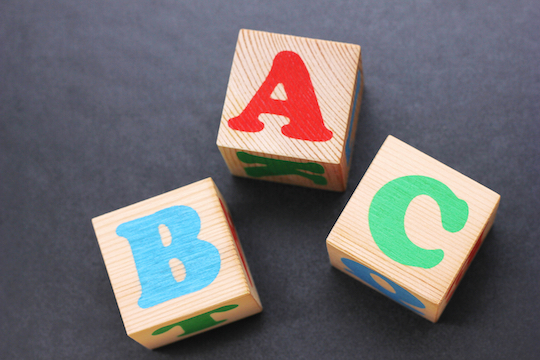
ESG's alphabet

How much additional income are you allowed to earn as a pensioner?

All in our fund market at the same price

How to invest if you're on a tight budget

Monthly video 2021

Hate budgeting? This is your guide to budgeting

Podcasts about money and investments (part one)

No group insurance plan? What are the alternatives?

Can countries go bankrupt?

Inflation? Grab some commodities for your portfolio!

Gold, cash and government bonds: how safe are safe havens?

Cohousing rules

Baby on the way? Make sure your finances are ready for it, too

The halo effect: why we are buying the shares of Buffett, Bezos and Musk

Why investing for your child is a good idea

Timing is everything: how to choose the right time to enter the stock exchange?

La technologie préserve les investisseurs contre l'utopie

What is fundamental analysis, and how does it work?

How to protect your hard-earned money from hackers

How to include your grandchildren in your inheritance planning: 8 questions and answers

Why (not) invest in micro-caps?

How safe are contactless payments?

Rent or buy? How to use the price-to-rent ratio

The treacherous stock market

On the way to a society without cash?

Buying a second residence: with savings, investments or a loan?

A must read for when you spotted a second-hand bargain online

Maths on the stock market

The impact of luck on investments

The handiest financial apps (and free as well)

Equity investors look beyond gloomy economic data

7 investment themes for 2029 (for which you can get a head start already)

Ten basic rules for lifelong success on the stock market

Any dip in the global economy appears to just a passing blip!

Seven investment myths

Blended family: shared savings account or keep things separate?

Emerging countries are lagging behind!

Tips from an expert: how to keep your passwords safe

Coronavirus blog Geert Van Herck: Property once again fails to deliver diversification bonus

Gift or inheritance: which is the most tax-efficient?

Making an offer on a property: what should you look out for?

Swapping your car for a bike: how much money could you save?
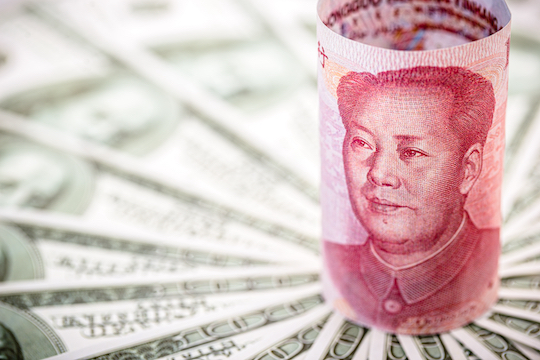
Can China make the dollar crash?

Afraid of causing Ferrari or hammock syndrome? This is how you can make a gift and stay in control

US stock market dominance not coming to an end yet!

Podcasts about money and investments (part two)

Anxious about inflation? Have you ever considered the mining sector?

Will the MSCI Emerging Markets index become the next big thing?

What does higher inflation do to your savings and investments?

How can you invest successfully?

Which shares suit you?









































































































































































